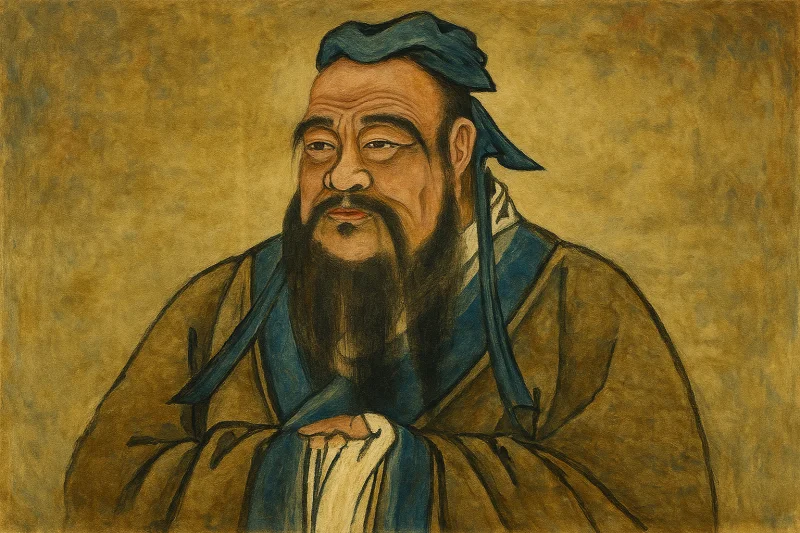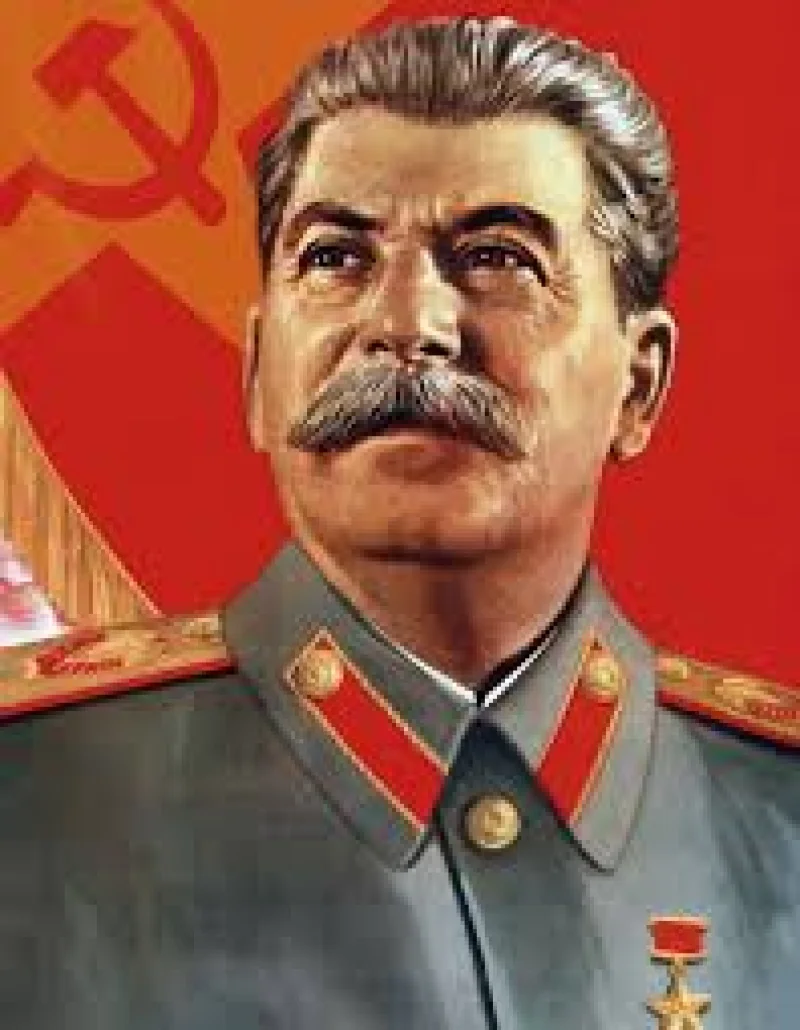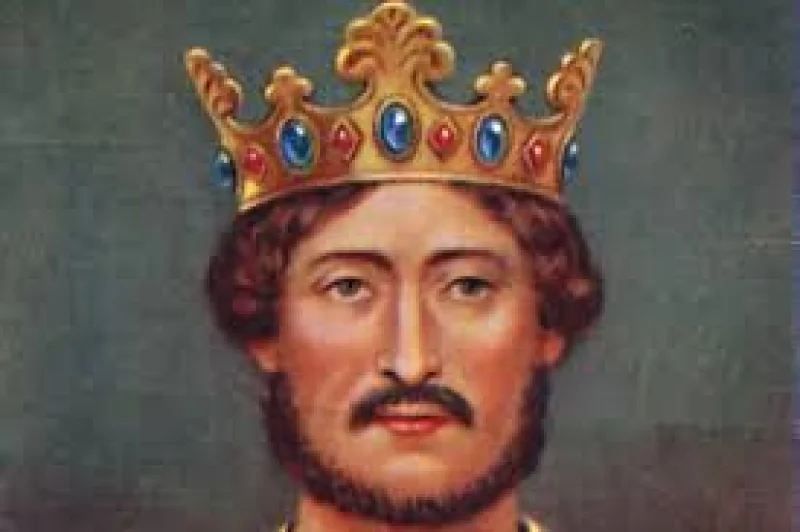Short Summary
Confucius was a Chinese philosopher, teacher, and political figure renowned for his wisdom and teachings during the Spring and Autumn period in ancient China. He is best known for establishing Confucianism, a system of thought focused on morality, social relationships, and justice. His teachings have profoundly influenced Chinese culture and education for centuries, and his principles continue to shape moral and ethical thinking worldwide.
Early Life & Education
Confucius was born in 551 BCE in the state of Lu, in what is now Shandong province, China. His family was of noble descent, but they faced financial difficulties. Confucius was largely self-taught, as he had to work from a young age to support his family after his father’s early death. Despite these challenges, he pursued a deep interest in learning and scholarship. He studied various subjects, including music, history, and poetry, which contributed to his broad understanding of Chinese culture and society. His early influences included traditional Chinese values and the political turmoil of his time, which shaped his thoughts on governance and ethics.
Career Highlights
Confucius began his career as a teacher, establishing a school where he taught a diverse range of subjects. His reputation as a wise and ethical teacher grew, attracting students from various regions. He later became involved in government service, holding several minor positions in the state of Lu. His political career reached its peak when he was appointed Minister of Justice. Although his tenure was brief, he implemented reforms and advocated for moral governance. Disillusioned by political corruption, he spent his later years traveling across China, spreading his teachings and attracting a loyal group of disciples.
Major Achievements
- Established Confucianism, a philosophical system emphasizing ethical living, social harmony, and respect for tradition.
- Authored the "Analects," a collection of sayings and ideas attributed to him and compiled by his followers.
- Influenced the development of the civil service examination system in China, promoting merit over birthright.
- Advanced the concept of Ren (benevolence), a core principle in Confucian thought focusing on kindness and empathy.
Famous Quotes
- "It does not matter how slowly you go as long as you do not stop."
- "Our greatest glory is not in never falling, but in rising every time we fall."
- "Real knowledge is to know the extent of one's ignorance."
Interesting Facts
- Confucius was a contemporary of other great philosophers like Laozi and Siddhartha Gautama.
- His teachings were largely ignored during his lifetime but gained prominence centuries later.
- The Confucian Temple in Qufu, his hometown, is one of the largest and most significant historical sites in China.
- Confucius' descendants have been recognized in China for over 2,000 years, maintaining the longest recorded lineage.
Legacy / Influence
Confucius' teachings have left a lasting impact on Chinese and East Asian culture, shaping social values, education, and government. Confucianism became the official ideology of imperial China, influencing its legal and political systems. The emphasis on education and moral integrity continues to inspire leaders and educators worldwide, and his ideas remain central to discussions on ethics and human behavior.
FAQ
Q: Why is Confucius famous?
A: He is famous for founding Confucianism and his influential teachings on ethics, governance, and social harmony.
Q: What are the "Analects"?
A: The "Analects" is a collection of sayings and ideas attributed to Confucius and compiled by his disciples.
Q: Did Confucius hold any government positions?
A: Yes, he served as Minister of Justice in the state of Lu, where he implemented ethical reforms.
Q: How did Confucius influence education?
A: He emphasized the importance of education and moral development, helping to establish a culture of learning and scholarship in China.










